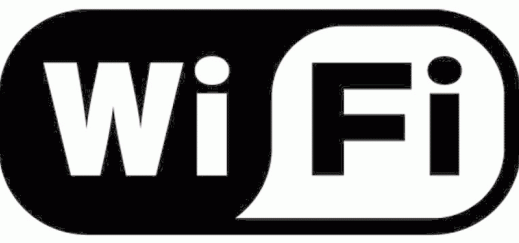It wasn’t long ago when wireless Internet access was a luxury amenity found only select hotspots throughout the country. But the times have changed, and now it’s available in homes, office buildings, parks, airports, hotels, restaurants and more. As a result, guests expect fast and reliable WiFi when attending corporate events and gatherings. So when the WiFi goes down or becomes congested with too much traffic, it can leave a bad impression, discouraging them from attending future events.
What About the Venue’s WiFi?
Don’t assume that the venue’s own WiFi will suffice for your corporate event. While most venues have some type of wireless Internet connection in place, it may be inadequate for large events. Rather than crossing your fingers and “hoping” the venue’s WiFi holds up, a safer approach is to purchase Enterprise-level WiFi directly from an outside provider. They’ll handle all of the legwork of setting up and maintaining the equipment to provide guests with seamless wireless Internet connectivity.
Questions to Ask WiFi Service Providers:
- Do you offer dual-frequency (5.0Ghz vs 2.4Ghz) WiFi?
- How much bandwidth is offered? And what happens if we go over this limit?
- Is there a backup plan in case the WiFi goes down?
- Will the WiFi cover the entire venue? If not, can repeaters or extenders be used to increase coverage?
- Do you offer on-site technical support?
- Is there a download/upload speed cap?
Determine How Many People Will be Using the WiFi
Before purchasing WiFi, you’ll need to determine how many people will be using it, as well as how many devices will be connected to it. It’s not uncommon for attendees to connect multiple devices to the WiFi, including a smartphone, tablet, and laptop. So if your event has 400 attendees, there could be up to 1,200 different devices connected to the WiFi. Check with the venue or service provider to see if they can limit bandwidth usage of individual attendees, as this may help to lower the costs.
Choose a Relevant SSID for Your WiFi
It’s recommended that you choose a meaningful and relevant service set identifier (SSID). This is the name that appears in devices when users scan for wireless networks. Using the default name, such as “Linksys123” isn’t a good idea because it doesn’t describe the network. Instead, consider using the name of the event for your network’s SSID. In doing do, guests will immediately recognize the WiFi as being the event’s network.
Password Protect Your WiFi
Yes, password-protecting WiFi forces guests to take an additional step to connect, but it’s still a recommended practice nonetheless. Networks that are not password-protected are more susceptible to hacking and prying eyes. Furthermore, people who are not attending your event may connect to the WiFi, leaching valuable bandwidth for which you paid.
